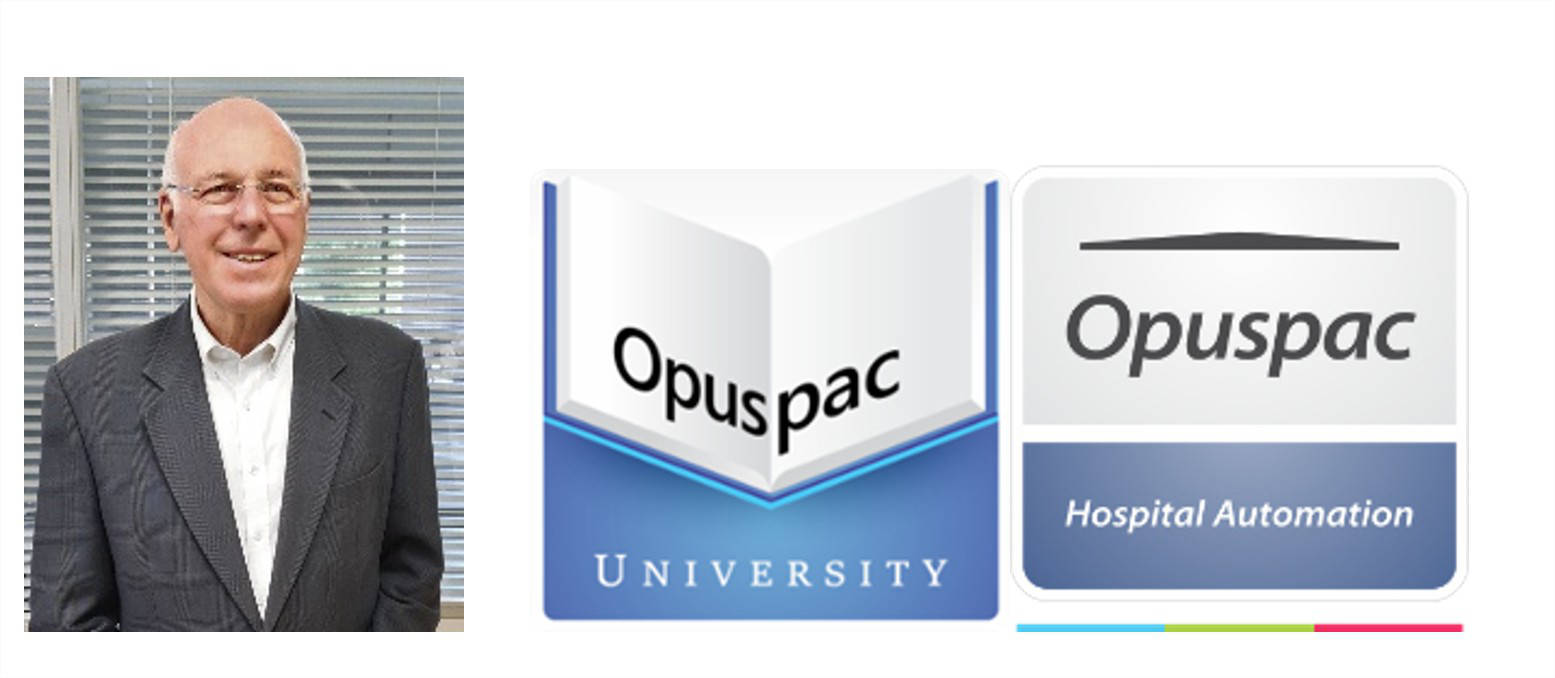I have always been a synthesizer of ideas or concepts. Of course, I am aware of the risks involved, because when you mix water with wine, it no longer has the freshness of water or the taste of wine. The same goes for ideas, synthesizing concepts is a methodological risk, because you can lose the essence.
But we live in a time of so much news, so many ideas in this great transformation, that our daily complexity has increased a lot and the solution is to simplify, with the risk of becoming simplistic and without the flavor of both parts.
Alvin Tofler said 30 years ago, in his book “The Third Wave”, that the manager’s problem would be the increase of complexity.
As a curious manager, I have synthesized what, in my opinion, would be the main lines of conduct and evolution for the 21st century, which we will call the ethics of the century. But I will only mention them and I do not want to set myself as an example, because I still have a long way to go to fulfill them 100%.
– ETHICAL ADDED VALUE. In other words, whether it is a group of friends, a family, a company or a country, the theme is the same.
You must add value to your environment and not just take value away from it in exchange for services or products. Those who do not add value will be separated from the group. If people think you are always asking for, getting more than you deliver or taking advantage of others and you do not bring value that is perceived by your environment, you will be excluded. The rules of the 10 religious commandments are just the basics, for this more evolved society. Mere compliance with the law does not solve anything either, because the law is the basic ethics of society. If you want to evolve, you have to do more than that. Adding value to your product or service is not just an obligation, but a smart strategy to endure in the long run.
– TRANSPARENCY. This is already happening, with the invasion into our daily lives of the media, of smartphones listening to us, still on stand-by, of all the exposure we voluntarily, or not, do on social networks. But, I don’t mean that, if you hide something because you can’t show it to others, you are not meeting the standard of transparency. If you’re afraid of your truth coming out, it’s because you’re not being transparent enough. This acts as a conscience, a self-censorship that leads us to open up more and more every day. All of society is moving towards greater transparency and this century will be different because of it.
– EMPATHY. The principle of empathy tells us that we have to put ourselves in the place of the other, or of others. In times of so many manifest inequalities, it is necessary to have empathy and to moderate individualistic behaviors in order to make collective behaviors prevail. It is not only a matter of improving tolerance, but also of having active attitudes of integration. The same concept applies to individuals, organizations and our environment. This includes the issue of Global Warming, Ecology and the behavior of large or small companies that have a responsibility in this issue.
Thus, added value, transparency and empathy can be applied to our private life, in our group, in our company and in our country. If you want a memory aid think EAVTE = EAV + T + E.
In the next 10 years, with the entry of new technologies on a more massive scale, managers will go through moments of instability and exponential change and we will need principles, which may seem utopian but possible, to guide us towards a better society.

Victor Basso
Director of Opuspac University (corporate university)












